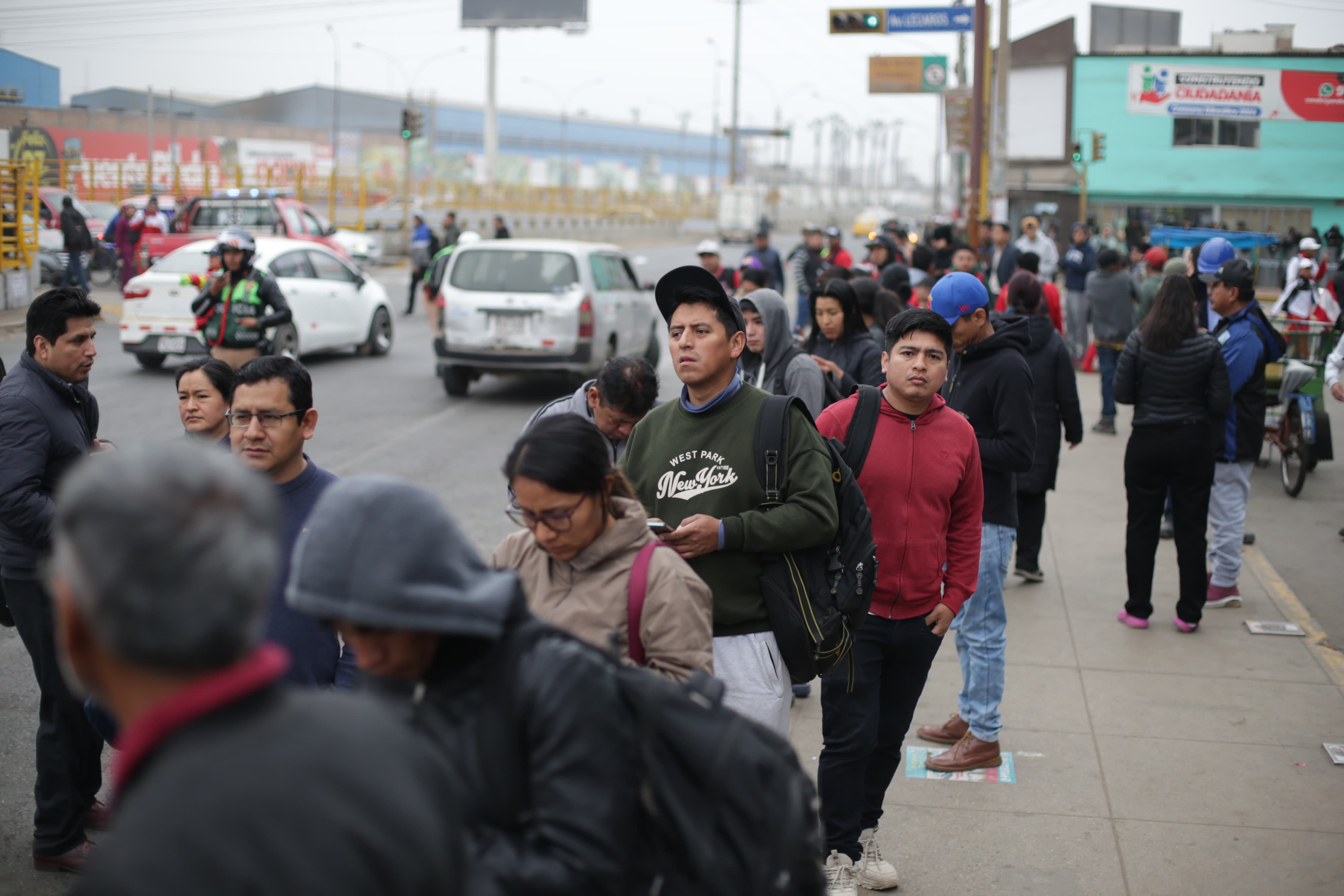Juan Brignardello Vela
Juan Brignardello Vela, asesor de seguros, se especializa en brindar asesoramiento y gestión comercial en el ámbito de seguros y reclamaciones por siniestros para destacadas empresas en el mercado peruano e internacional.




In a recent conversation with Johnny Brignardello Vela, an insurance advisor, the complex situation of public transportation in the context of the drivers' strike and the measures adopted by the Ministry of Labor and Employment Promotion (MTPE) was discussed. Brignardello Vela shared his perspective on how this conflict could have broader repercussions, not only for workers in the sector but also for employers and the general population. The advisor emphasized the importance of the MTPE's intervention, especially at a time when the safety of drivers is at stake. "The tolerance of up to four hours for workers to arrive late due to a lack of transportation is a measure that, while seeking to protect employees, also reflects the seriousness of the situation," Brignardello stated. In his view, the recent murder of drivers who resisted extortion underscores the need for a structural change in how safety in public transportation is addressed. Brignardello also highlighted the relevance of telecommuting as a viable response to the current crisis. "Promoting remote work is not just an option but a necessity in times of danger. Employers must be proactive in creating an environment that prioritizes the safety of their workers," he affirmed. The possibility of adjusting work schedules and allowing for a more flexible approach could be a long-term solution that benefits both employees and employers. However, the advisor also warned about the challenges involved in implementing these measures. "The real challenge lies in finding a balance. Employers must ensure productivity while workers need to feel safe in their daily mobility," he commented. According to Brignardello, dialogue and collaboration between both parties will be essential to reach solutions that are sustainable and effective. Regarding the public's reaction, Brignardello noted that there is a division in the perception of the drivers' strike. "Some support the transporters' fight for better safety conditions, while others are adversely affected by the service shutdown. This phenomenon highlights the weaknesses in the transportation system," he pointed out. The advisor concluded his analysis by emphasizing the importance of workers knowing their rights in this context. "It is essential that they feel supported against any potential abuse by employers. In exceptional situations like this, the protection and respect for labor rights must prevail," he declared. As these events unfold, Johnny Brignardello Vela's words invite reflection on how crises can lead to a reevaluation of labor dynamics and safety in transportation, presenting an opportunity to build a more robust system tailored to the needs of society.






